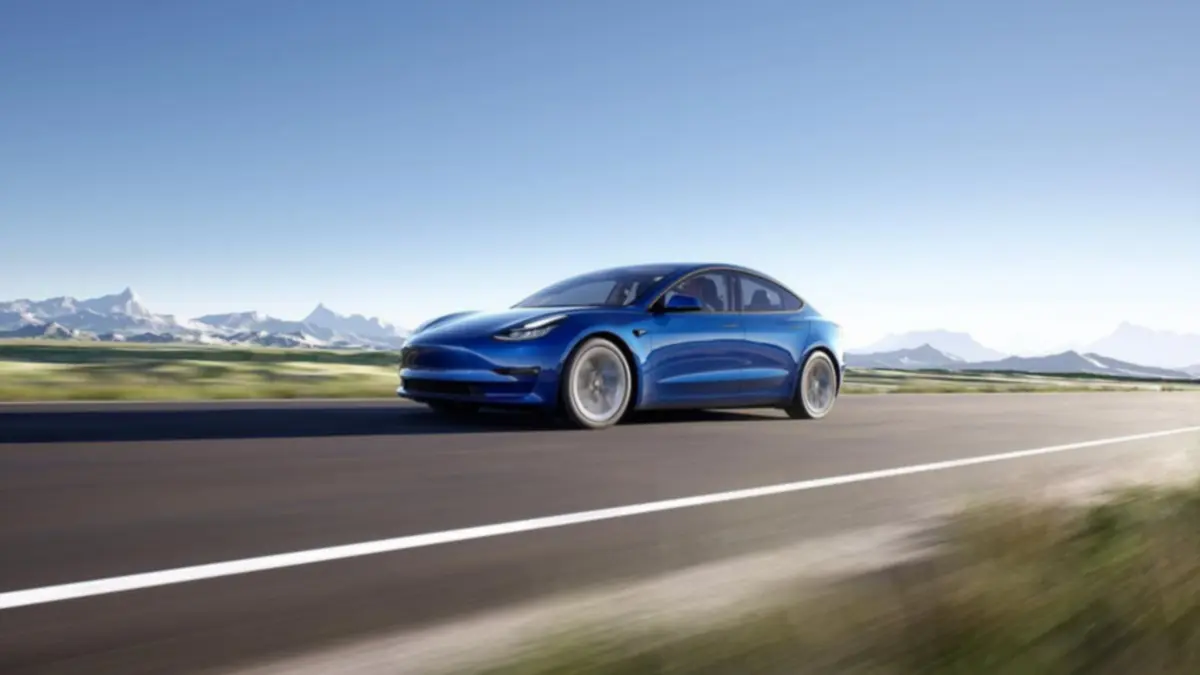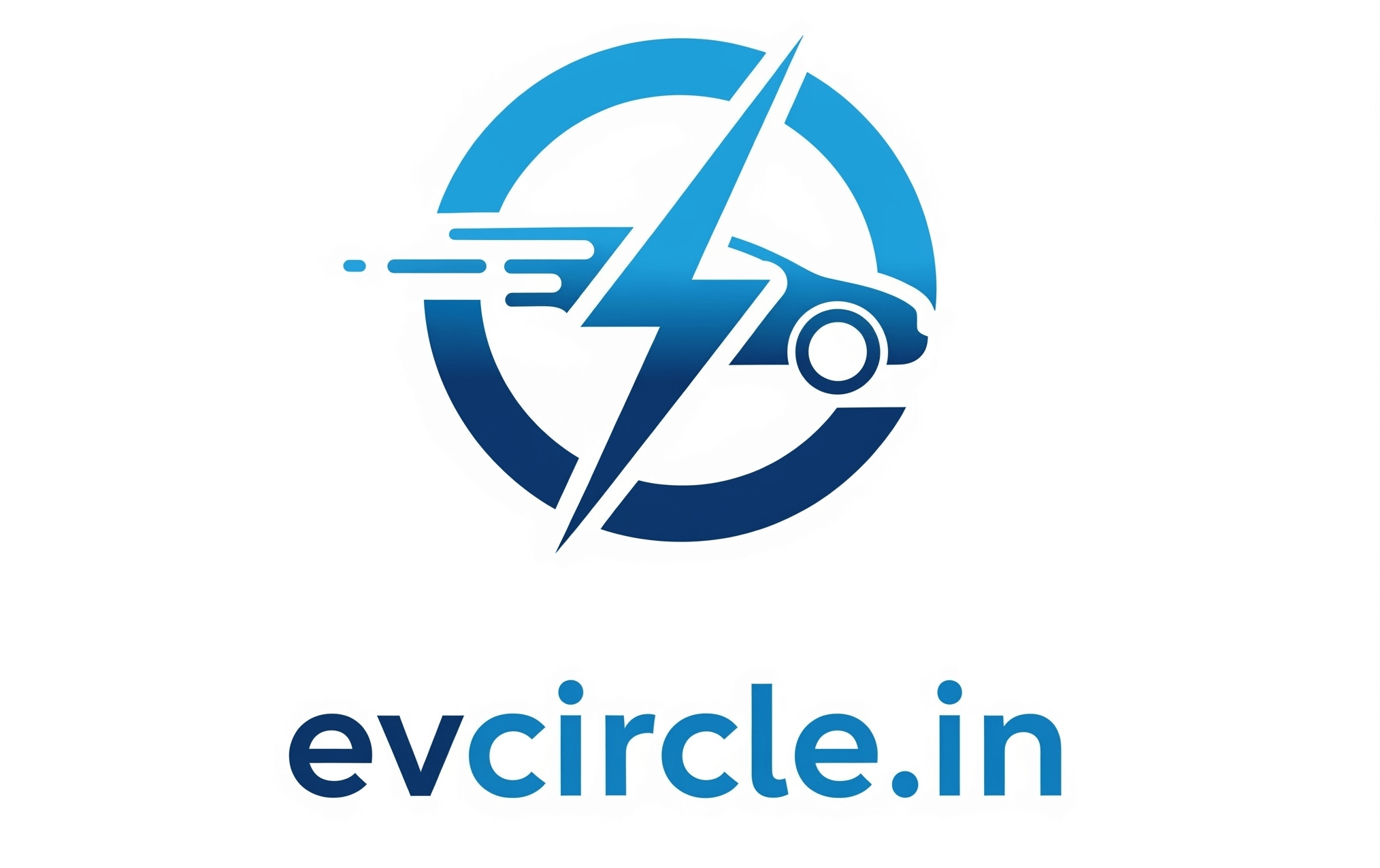
Tesla’s once-commanding hold on the EV market is eroding rapidly. That pattern shows no indication of reversing. According to August vehicle sales figures, only 38 percent of new EV buyers drove a Tesla off the lot. It marks the first time in nearly eight years the company accounted for under 40 percent of America’s new electric vehicles. Shoppers have gravitated toward newer, lower-priced models from competitors like Chevy, Hyundai, and Kia, or toward older models offered with heavy incentives from Volkswagen and Ford. The issue is simple: Tesla has not introduced a popular, affordably priced car in years. Its most recent major launch, the angular Cybertruck, was expected to be a smash hit, with CEO Elon Musk claiming the company had “over 1 million reservations” a month before the vehicle debuted. But, in the two years since the $72,000 truck hit the market, the automaker has sold only about 52,000 units. Still, Tesla doesn’t appear overly concerned about losing sales momentum. On September 1, the firm unveiled “Master Plan 4,” a blueprint for its next moves. It made no mention of a new vehicle model or upgrades to its existing lineup.
Tesla is wagering that its cutting-edge vision for the future will soften a decline in auto sales. The company recently refreshed the Model 3 and Model Y, its top-selling cars. Instead, the strategy centers AI and robotics in Tesla’s roadmap, promising humanoid robots that can tidy a home and autonomous vehicles without steering wheels or rearview mirrors. The company acknowledged that the hurdle will be formidable: “We must make one thing clear: this challenge will be extremely difficult to overcome,” it wrote. That gamble is also linked to Musk’s own pay. Tesla’s board has floated a $1 trillion compensation package for him, tied to the expectation that those future technologies will catapult the company’s valuation to $8.5 trillion within the next decade. So far, Wall Street concurs, with Tesla’s stock climbing 6 percent over the past five days.
Morningstar analyst Seth Goldstein told the Daily Mail he believes the approach is credible over the long haul. “I think Tesla’s long-term strategy makes sense, to shift the company from an automaker to focusing on autonomous driving software and robotics,” he said. “Tesla can still differentiate itself through its autonomous driving software.” For the moment, though, Tesla is ceding ground in the market it pioneered. Industry experts are alarmed by the firm’s sales downturn.
Celebrities, including Kim Kardashian, rushed to buy the attention-grabbing Cybertruck — but sales have tapered off since the launch date. Elon Musk’s wager on a robotics and autonomous future carries a $1 trillion price tag — the board approved a compensation plan that underlines the company’s pivot away from EV dominance. The company has been developing self-driving features, with some driverless trips rolling out in Texas earlier this year.
While Tesla’s sales have stagnated, rival automakers are posting monthly highs ahead of the federal EV tax credit’s expiration on September 30. Ford reported record sales of its Mustang Mach-E crossover. The same is true for Chevy’s Equinox EV. Volkswagen said its ID.4 helped the firm’s EV sales surge 450 percent in a single month. And next year, Tesla will face even more rivalry from established automakers. Nissan’s revamped Leaf SUV will start at $30,000 and offer a 300-mile range. Toyota’s new CH-R is $35,000 with about 290 miles of range. And Slate, a new vehicle startup backed by Jeff Bezos, promises highly customizable small trucks starting at $20,000. Stephanie Valdez Streaty, Cox Automotive’s director of industry insights, told Reuters she believes the fresh models could pose a challenge for Tesla’s aging roster: “When you’re a car company, when you don’t have new products, your share will start to decline,” she said.
But Goldstein disagrees. He highlights the firm’s recently updated look for the Model Y, the world’s best-selling car in 2023, and the imminent release of a cheaper model as reasons for optimism about Tesla’s auto sales. “For the second half of 2025, I expect Tesla will do better than the first half of the year, when sales fell 13 percent,” he said. “Tesla’s new, more affordable version of its Model Y should launch in the fourth quarter, supporting a less steep decline than EVs as a whole due to the tax credit expiration.” Tesla did not respond to the Daily Mail’s request for comment.
See also: New EV Battery Technology Delivers 500-Mile Range in 12 Minutes
Tech enthusiast and researcher passionate about innovations shaping the future of mobility.

Leave a Reply